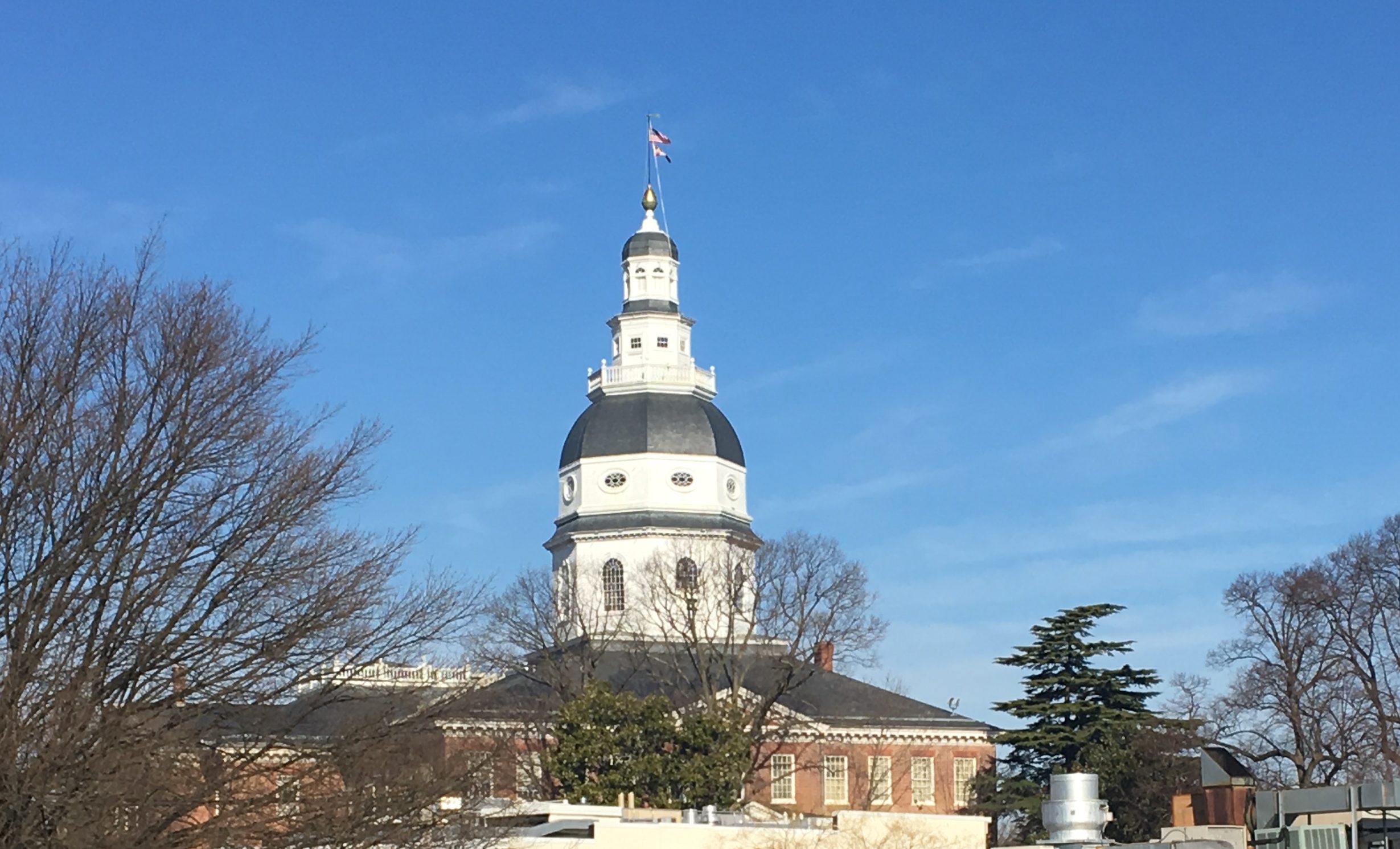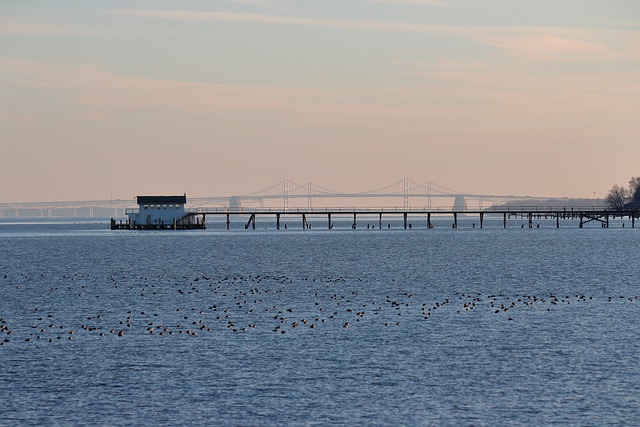Maryland lawmakers urge Congress to spend more on Chesapeake Bay restoration
By YESENIA MONTENEGRO and BRENNAN STEWART
Capital News Service
WASHINGTON – Citing encouraging signs of improvement, five Maryland lawmakers expressed their support Wednesday for increased funding of the federally-backed Chesapeake Bay restoration program.
“We’ve made progress,” Sen. Ben Cardin, D-Maryland, said at a luncheon hosted by the Choose Clean Water Coalition. “We have the least amount of dead zones that we’ve seen since the 1980s on the bay. We have underwater grasses that are coming back in the Chesapeake Bay. We have oyster crops that we never thought we’d be able to see starting to bloom in the Chesapeake Bay. We’re not at our historic levels, not even close. I understand that. But we’ve made progress.”
The coalition, which was started in 2009, hosted its 13th annual Chesapeake Bay Day on Wednesday with nearly 100 of its members and nine members of Congress in attendance. Made up of over 290 nonprofit organizations from the Chesapeake Bay region, the non-profit advocates maintaining or increasing spending on clean water programs.
“I think the Chesapeake delegation in Congress is just so passionate about this work, and they understand the benefits to their districts and the people that live there,” Kristin Reilly, director of the coalition, told Capital News Service.
“I think that’s also why there’s such wide bipartisan support for these programs because they can actually see the benefits in their communities,” Reilly added.
The Chesapeake Bay Program, which receives funding from the Environmental Protection Agency, was started in 1983, with its main efforts directed towards reducing pollution and restoring the bay’s ecosystem.
The program encompasses six states that surround the bay as well as the District of Columbia, and its funding needs were at the forefront of the coalition’s lobbying day. Over 70% of the program’s funds are spent on projects in the Chesapeake Bay watershed, including planting trees, reducing runoff from farmland and boosting the crab and oyster populations.
The coalition highlighted the recent introduction of the America’s Conservation Enhancement (ACE) Reauthorization Act of 2024, which authorizes funding for various programs, including $93 million in funding for the EPA Chesapeake Bay Program for the 2025 fiscal year and $100 million for 2026 and beyond.
“This bill (the ACE Act) is going to get the bay on track,” Rep. Dutch Ruppersberger, D-Maryland, said. “Some of the things that these grants do, like sediment reduction, really make a difference in helping the Chesapeake Bay.”
The coalition also is backing $15 million for the U.S. Fish and Wildlife Service’s Watershed Investments for Landscape Defense (WILD) program, which provides grants to local organizations in the Chesapeake region that focus on restoring or protecting wildlife habitats.
The coalition recognized Ruppersberger, Cardin and Rep. John Sarbanes, D-Maryland, as “Chesapeake Champions” for their contributions to the restoration efforts throughout their careers.
Rep. David Trone, D-Maryland, who is running for the U.S. Senate, said he plans to continue working to protect the bay if he wins the seat.
Pollutants need to be kept out of the bay and the efforts towards no-till farming have not been as successful in Pennsylvania and Virginia as in Maryland, Trone said. No-till farming is a technique used to grow crops without disturbing the soil.
“The environment is top of the list,” Trone told CNS. “So the environment and the bay, that’s the very very top of the list. If you don’t get that right, nothing else matters.”
After the luncheon, coalition members had scheduled 44 meetings with members of Congress, presenting letters from 169 organizations that endorsed the coalition’s appropriations requests.
“We have to both maintain the momentum, but we also need to accelerate our efforts even further,” Sen. Van Hollen, D-Maryland, told CNS. “That means making sure that we protect and expand the resources that go to protect the bay from all the federal agencies.”

Capital News Service is a student-powered news organization run by the University of Maryland Philip Merrill College of Journalism. With bureaus in Annapolis and Washington run by professional journalists with decades of experience, they deliver news in multiple formats via partner news organizations and a destination Website.

